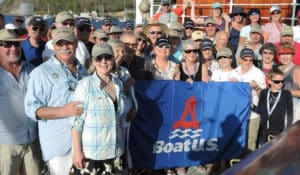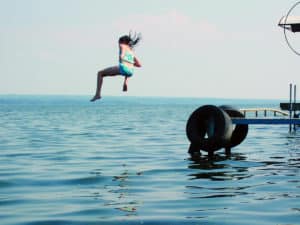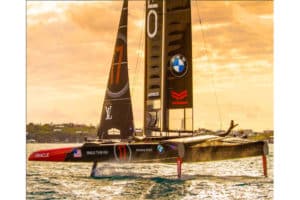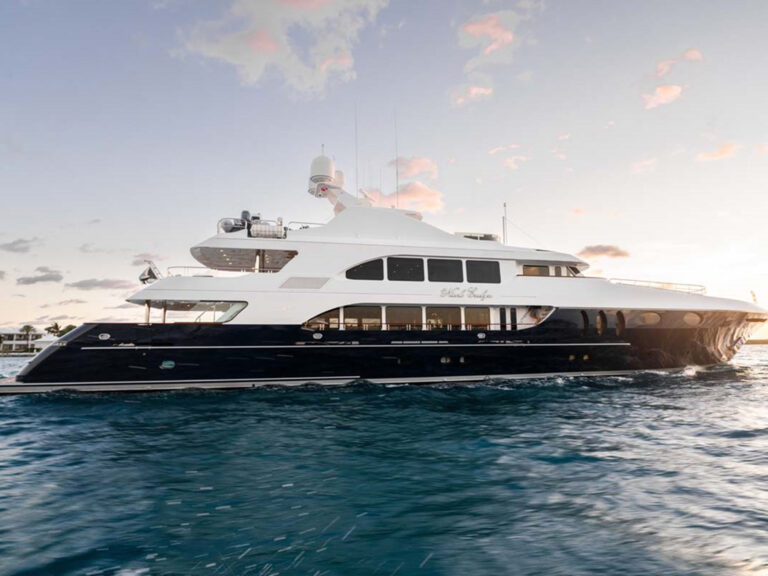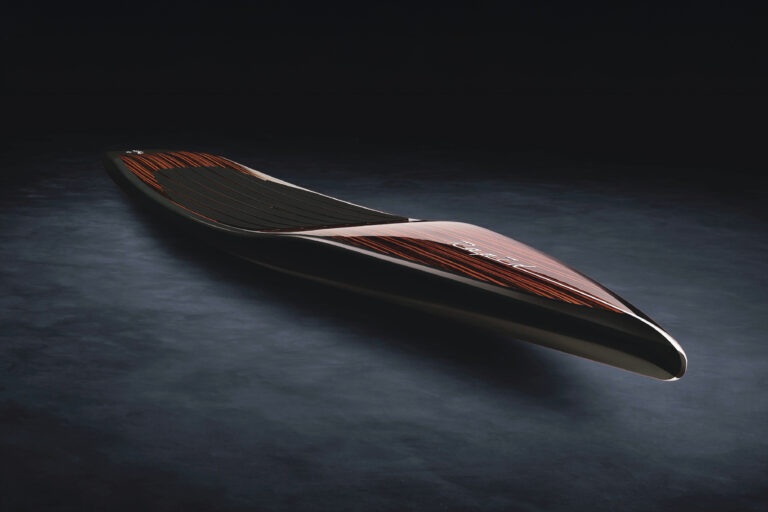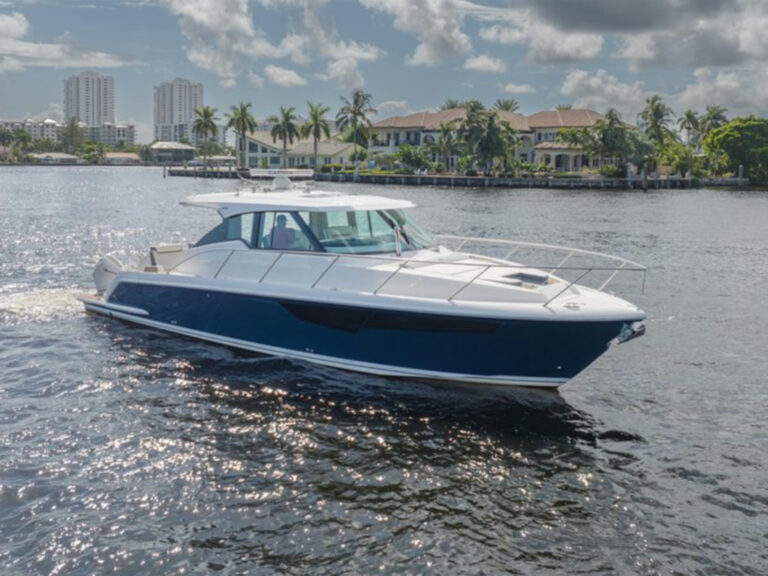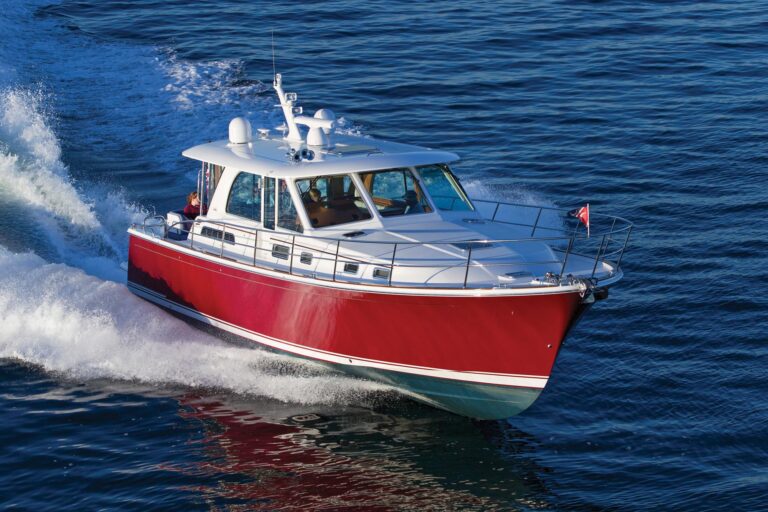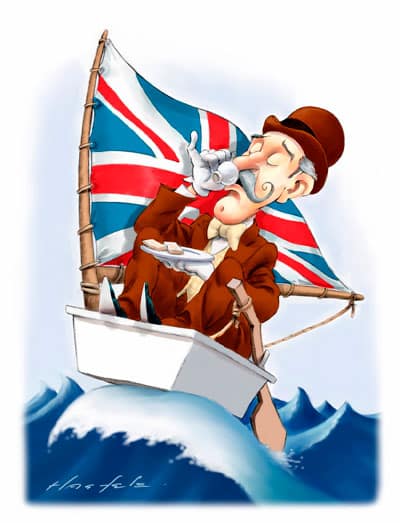
Dec 2011 Telltales
If you caught wind of my disdain for “extreme yachting” (Power Play, August 2011) you might be interested to know that I have rethought the issue and come about. This change of direction is thanks to a reader who wrote agreeing that society should be reimbursed for saving morons from themselves. He suggested there should, in fact, be insurance for this purpose — brilliant! Given this splendid solution, all that’s needed are a few fresh ideas for those who wish to follow the dodo in a challenge of survival of the fittest.
It really is tough for seagoing “adventurers” to make their mark these daysja since there’s not much in terms of “stupid” that hasn’t been tried. It’s no wonder — even the sensible folks at Google Maps have become enablers. Say you were to ask for directions from New York to Japan. Do you suppose they would recommend travel by air or perhaps a cruise ship? No! They suggest driving to Seattle and taking a kayak 2,756 miles to Hawaii for, say, lunch and then on (3,879 miles) to Japan.
You might think you’d earn the first cut on a Google search if you made it, but probably not. A German fellow paddled from Europe to Australia in the 1930s. I’m not quite sure how but it is suggested he covered 30,000 miles in the effort. Unfortunately, the voyage took so long he missed the news of war, and the Aussies gave him a rather rude welcome when he came ashore. Another paddling German claimed the Atlantic voyaging from Lisbon, Portugal, to Puerto Rico in 1928. He apparently spent most of his 58 days at sea hallucinating, which was likely why he pushed on to New York directly into a hurricane — he was never seen again. Rowing? Forget it — pullers have tamed both the Atlantic and Pacific oceans.
In recent years personal watercraft enthusiasts who have tired of jumping wakes and spinning about in circles have taken up the cause. Crossing the Gulf Stream from Florida to the Bahamas is done so often I believe there’s talk of a cruising club. The Atlantic? Been done. A few years back a Spanish count jet-skied from Rome to Miami standing up. According to reports he consumed milkshakes, bananas and grapes during the four-month “voyage.” It was said that when he came ashore on Miami Beach he fell to the sand and mumbled the Lord’s Prayer — I imagine he then ran to the bathroom!
Then of course there’re folks who have fired every creative synapse and come up short. Their idea of adventure is crossing the ocean on the smallest boat possible. If you’re thinking small you’re going to have to think very small. The current master of micro cruising is an Englishman who crossed the Atlantic eight times in an assortment of specialized vessels built in his backyard. Most recently he spent 134 days in something that looked and likely smelled like a waste tank with a mast — length overall: 5 feet, 4½ inches! Not to be outdone, the American fellow he wrestled the record from made a subsequent crossing in a vessel approximately an inch smaller. Last reports are the Englishman is planning a crossing in a new 3-foot-11-inch tank.
As our astute reader pointed out, other than common sense, what these folks lack is insurance. I propose a “Darwin Policy.” Our seagoing first responders could stay in practice without a penny of public money spent. Insurance is not for your average moron — certain sorts of stupidity would need no coverage. For example, if you wish to go over Niagara Falls in a barrel — no harm, no foul. The Darwin Policy would be for those whose dreams of tempting natural selection are grand. To those adventurers I suggest thinking out of the box — or perhaps in it? How about crossing the Atlantic in a POD or a FedEx box — sponsors?

